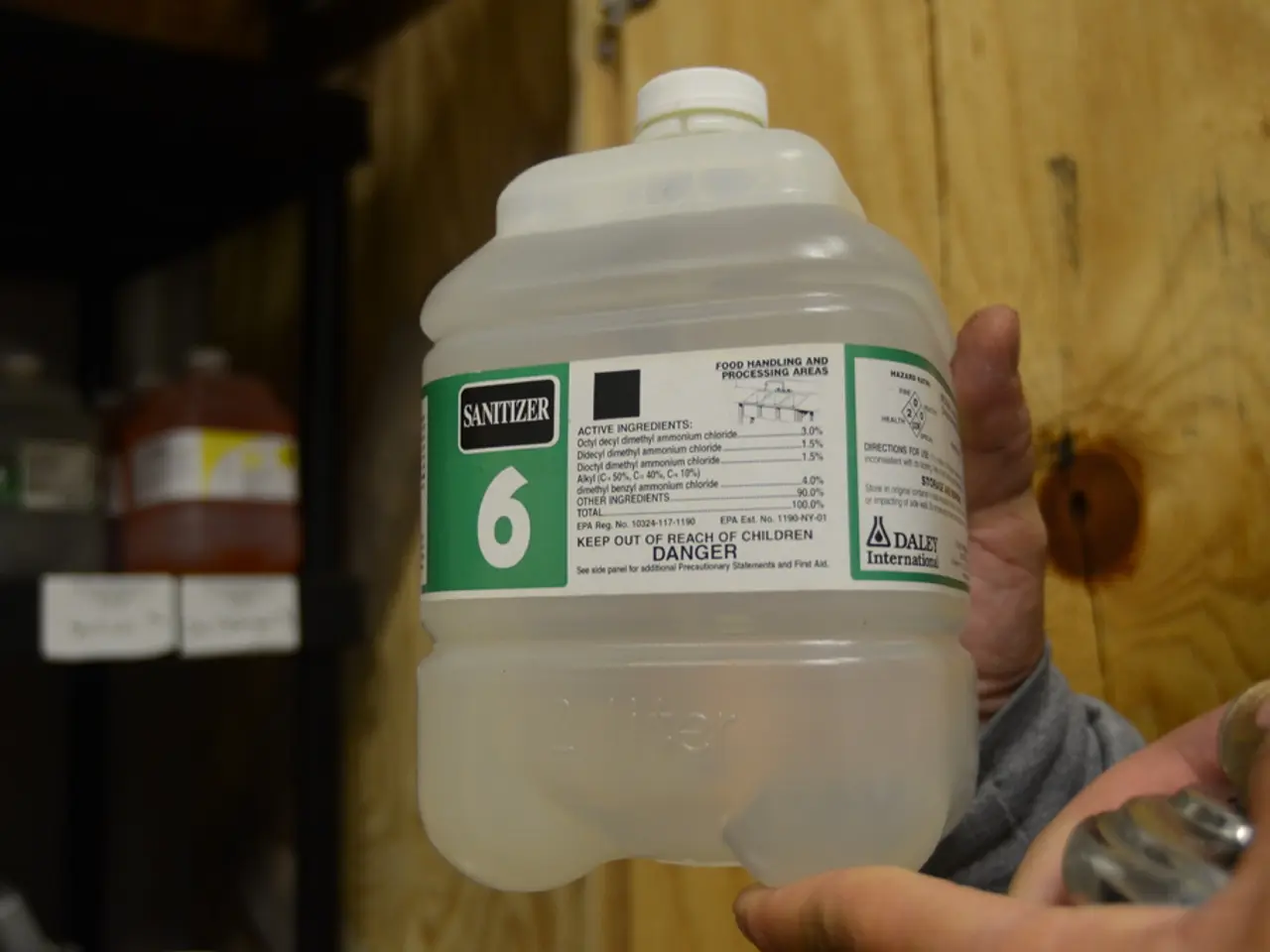Medical plastic-eating 'superbug' discovered
In a groundbreaking discovery, a group of microbiologists at Brunel University of London have found that the bacterium Pseudomonas aeruginosa can degrade medical plastics, such as polycaprolactone (PCL) used in hospital equipment like sutures and stents. This bacterium produces an enzyme (Pap1) that breaks down the plastic, allowing the bacteria to persist on medical devices and strengthen biofilms, which resist antibiotics and immune system attacks[1][2].
The implications of this discovery are significant for patient safety. Since these bacteria can use plastic fragments to enhance biofilm formation, they increase the risk of difficult-to-treat infections, especially in critical settings like intensive care units where medical device use is high. Additionally, similar plastic-degrading enzymes have been found in other hospital pathogens, suggesting a wider threat to plastics used in clinical environments[1].
This finding highlights the need to focus on plastics that are harder for microbes to digest. The broken-down plastic fragments help the bug form tougher biofilms, making infections harder to treat. Pseudomonas aeruginosa can 'feed' on plastic to survive, potentially enabling these pathogens to survive longer in hospital wards and within patients[3].
The discovery calls for a reevaluation of both the design of medical plastics and the methods employed in hospital sanitation to mitigate the risk of antibiotic-resistant infections associated with plastic-degrading bacteria. Antimicrobial plastics, which incorporate additives that inhibit microbial growth throughout the polymer, might offer a partial solution to reduce microbial contamination on medical devices. However, their effectiveness specifically against these plastic-degrading pathogens needs further investigation[4].
Further studies are urgently needed to learn more about the enzymes involved in Pseudomonas aeruginosa's plastic degradation. There is a potential need for screening pathogens for these enzymes, especially in unexplained prolonged outbreaks. The implications stretch beyond one material, as other plastics could also be vulnerable to microbial attack, such as those made from polyethylene terephthalate or polyurethane. Bone scaffolds, dental implants, bandages, wound dressings, catheters, and breast implants are potential targets for Pseudomonas aeruginosa's plastic-digesting ability[5].
Pseudomonas aeruginosa is among a group of bacteria responsible for the majority of hospital infections that can resist antibiotics. It is listed on the World Health Organisation's critical priority list for new treatments and is a major cause of catheter-related Urinary Tract Infections and ventilator-associated pneumonia[6]. McCarthy emphasized the importance of understanding the impact of Pseudomonas aeruginosa's plastic-eating ability on patient safety, suggesting that infection control experts may need to reconsider how they monitor hospital environments[7].
In conclusion, the discovery of Pseudomonas aeruginosa's ability to digest plastics raises serious concerns about patient safety and the adequacy of current disinfection practices. Further research is needed to understand the prevalence of these enzymes among pathogens and their impacts on virulence, as well as to develop strategies to mitigate the risks associated with plastic-degrading bacteria in clinical settings.
References: 1. https://www.cell.com/cell-reports/fulltext/S2211-1247(20)31530-7 2. https://www.nature.com/articles/s41598-020-75236-z 3. https://www.ncbi.nlm.nih.gov/pmc/articles/PMC7497278/ 4. https://www.ncbi.nlm.nih.gov/pmc/articles/PMC6809572/ 5. https://www.ncbi.nlm.nih.gov/pmc/articles/PMC5756422/ 6. https://www.who.int/antimicrobial-resistance/priority-pathogens/priority-list-2017/en/ 7. https://www.bbc.com/future/article/20200227-the-bacteria-eating-plastic-and-threatening-your-life
In the realm of health and wellness, the discoveries around Pseudomonas aeruginosa's ability to degrade medical plastics like PCL in hospital equipment could have profound implications for digital health, as the persistence of these bacteria on medical devices may contribute to difficult-to-treat infections. This highlights the increased importance of science and research in developing strategies to combat the risks associated with plastic-degrading bacteria, a concern that extends to various medical-conditions prone to microbial contamination, such as catheter-related Urinary Tract Infections and ventilator-associated pneumonia.




